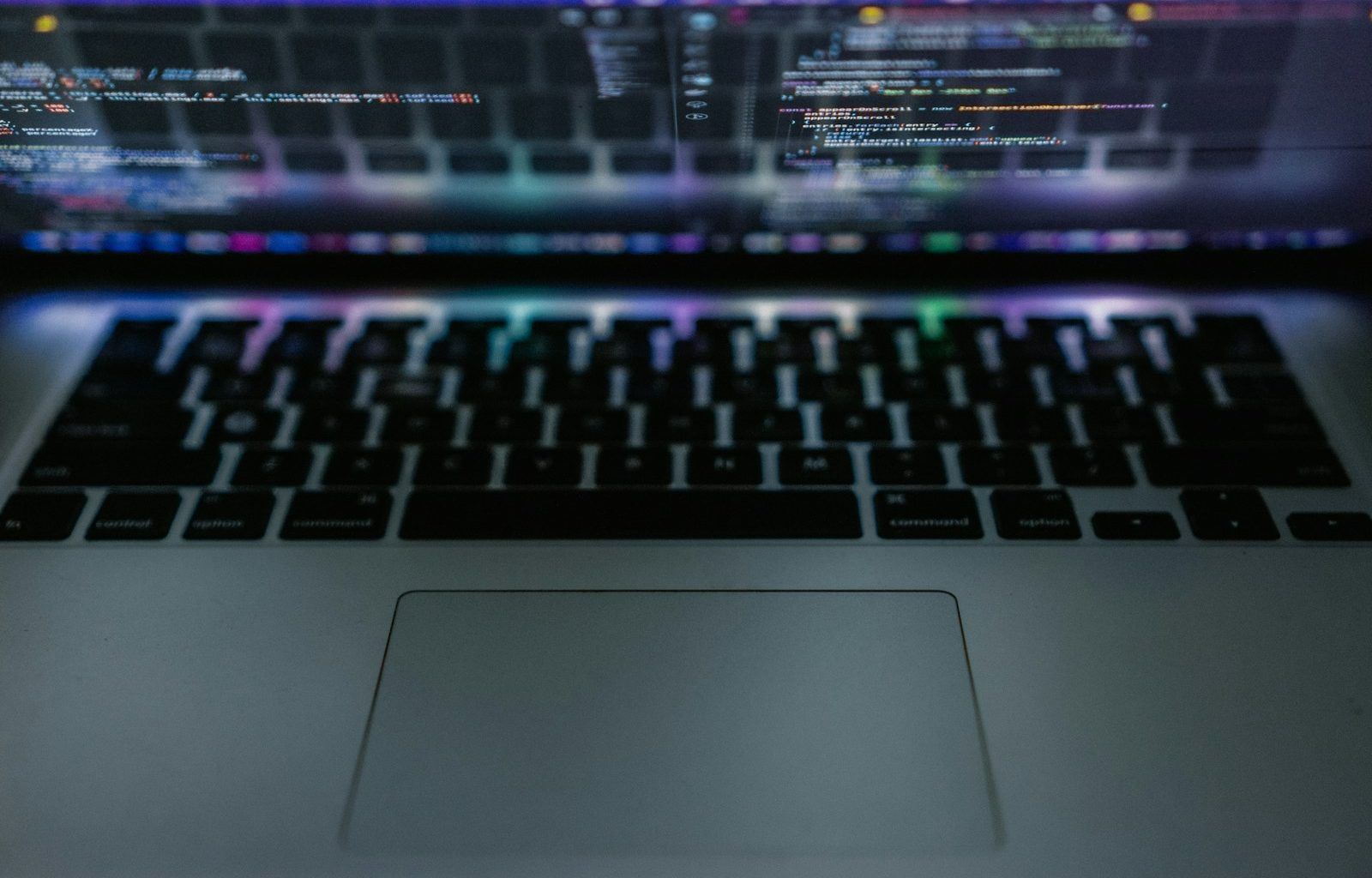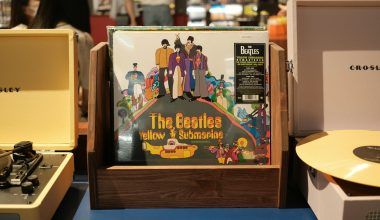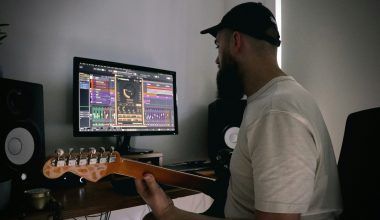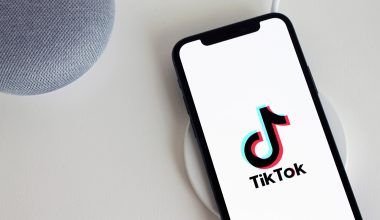If you’re a music creator, producer, or part of the music industry, you might have heard of ISRC codes. These codes play a critical role in tracking and managing music worldwide. But what are ISRC codes, and why are they so important? In this blog, we will explore everything you need to know about ISRC codes in simple and easy-to-understand language.
ISRC stands for International Standard Recording Code. Think of it as a unique fingerprint for your music recordings. Just as every person has a unique identity, every song or audio recording can be identified using an ISRC code. This code helps track plays, downloads, and royalties globally.
What Does ISRC Stand For?
The acronym ISRC stands for International Standard Recording Code. This system is managed by the International Federation of the Phonographic Industry (IFPI). ISRC codes act as a universal identification system for sound recordings and music videos.
You might be wondering: how do these codes work? Let’s break it down.
Each ISRC code is unique to a specific recording or video. It doesn’t matter how many times the song is released or reissued. The code stays the same as long as the recording doesn’t change.
For example, if you record a song today and assign an ISRC code, that same code will follow the recording wherever it goes—on streaming platforms, radio stations, or TV broadcasts.
Why Are ISRC Codes Important?
Now that you know what ISRC codes are, let’s talk about why they matter so much.
- Tracking Music Royalties ISRC codes help music rights organizations track how often a song is played or downloaded. Each time your music is streamed or sold, the ISRC code ensures that you receive royalties for your work.
- Global Identification With so many platforms, broadcasters, and radio stations worldwide, it’s easy to lose track of your music. ISRC codes act as a digital fingerprint that ensures your song is recognized globally.
- Simplifying Licensing and Reporting For music publishers and distributors, ISRC codes simplify reporting and licensing. They make it easier to identify which recordings are generating revenue and how much should be paid to artists.
- Music Video Management ISRC codes aren’t just for songs; they also apply to music videos. By assigning a unique ISRC code to your video, you can track its performance on YouTube, Vevo, and other platforms.
How to Get an ISRC Code
Getting an ISRC code might sound complicated, but it’s actually quite simple. There are two primary ways to obtain ISRC codes for your recordings.
- Through Your Music Distributor Many music distributors, like TuneCore, CD Baby, or DistroKid, provide ISRC codes as part of their service. When you upload your song to these platforms, they assign a unique ISRC code for you.
- Registering as an ISRC Manager If you want more control over your ISRC codes, you can register as an ISRC manager through your country’s official ISRC agency. For example, in the United States, the Recording Industry Association of America (RIAA) oversees ISRC registrations.
Once you become an ISRC manager, you can generate your own codes whenever you need them.
What Does an ISRC Code Look Like?
An ISRC code is a string of 12 characters that follows a specific format. Here’s an example:
US-ABC-20-12345
Let’s break down this code:
- US: The first two letters represent the country where the ISRC code was assigned.
- ABC: The next three letters are the registrant code, which identifies the person or company assigning the code.
- 20: These two digits represent the year the code was issued.
- 12345: The final five digits are a unique identifier for the recording.
So, in this example, the ISRC code was issued in the United States by a registrant named ABC in the year 2020.
Do You Need an ISRC Code for Every Song?
Yes! Every individual recording or version of a song needs its own ISRC code. For example:
- If you release a single version of your song, it gets one ISRC code.
- If you release a live version or remix of the same song, it will need a new ISRC code because it’s a different recording.
- you create a music video, it will also need its own ISRC code.
Think of each ISRC code as a unique identifier that tells the world, “This is my work, and it’s different from the rest.”
Where Are ISRC Codes Used?
ISRC codes are used in many places across the music industry. Some of the most common uses include:
- Streaming Platforms: Platforms like Spotify, Apple Music, and Amazon Music use ISRC codes to track streams and royalties.
- Digital Stores: Online stores like iTunes use ISRC codes to identify and sell your music.
- Radio Stations: Radio broadcasters use ISRC codes to report song plays.
- YouTube: When you upload a music video to YouTube, the ISRC code helps track views and manage revenue.
- Music Licensing: If your song is licensed for movies, TV shows, or commercials, the ISRC code ensures that you get proper credit and payment.
How Do ISRC Codes Help with Royalties?
One of the most significant benefits of ISRC codes is that they help you collect royalties for your music. Here’s how it works:
When your music is streamed, downloaded, or broadcast, the ISRC code is reported to music rights organizations. These organizations use the code to identify your song and ensure you get paid.
For example, if your song is streamed 1,000 times on Spotify, the ISRC code allows Spotify to report the streams accurately. This ensures you receive the royalties you deserve.
Without an ISRC code, it can be difficult to track your music and claim your earnings.
Can You Reuse an ISRC Code?
No, ISRC codes are unique and cannot be reused. Once an ISRC code is assigned to a recording, it stays with that recording forever. Even if you re-release the same song on a new album or compilation, it still uses the original ISRC code.
However, if you create a new version of the song (like a remix or live version), you will need to assign a new ISRC code.
Are ISRC Codes Free?
It depends on how you obtain them. Some music distributors provide ISRC codes for free as part of their service. Others may charge a small fee.
If you register as an ISRC manager, there may be a one-time registration fee. After that, you can generate ISRC codes for free.
Conclusion
ISRC codes are a vital tool for anyone in the music industry. They help identify your recordings, track plays, and ensure you get paid for your work. Whether you’re a musician, producer, or label owner, understanding and using ISRC code can make a big difference in your music career.
Now that you know what ISRC code are and how they work, you can start using them to protect and promote your music. If you’re distributing your music online, make sure every recording has its own unique ISRC code. It’s a small step that can lead to big rewards.
For further reading, explore these related articles:
For additional resources on music marketing and distribution, visit DMT Records Pvt. Ltd..






